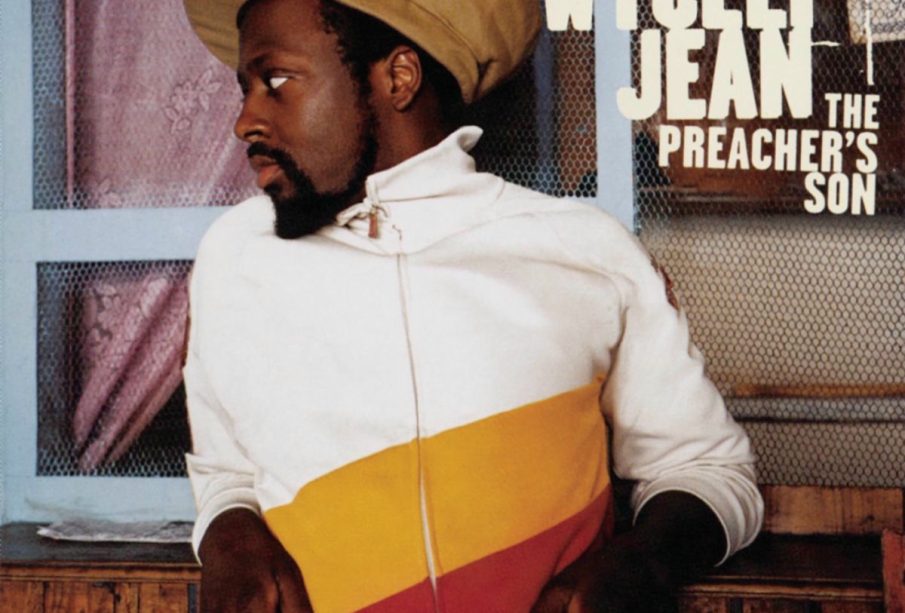The Influence of Wyclef Jean in Music and Humanitarian Work

Introduction
Wyclef Jean, the Grammy Award-winning musician and humanitarian, continues to captivate audiences worldwide with his unique blend of hip-hop, reggae, and world music. His work is not only defined by his chart-topping hits but also by his commitment to social issues, making him a prominent figure in both the music industry and philanthropic circles.
Musical Career
Born on October 17, 1969, in Croix-des-Bouquets, Haiti, Wyclef Jean moved to the United States at a young age. He gained fame in the 1990s as a founding member of the Fugees, a group that revolutionised the hip-hop scene with their innovative sound and socially conscious lyrics. Their 1996 album, The Score, sold over six million copies and is considered one of the greatest hip-hop albums of all time.
Transitioning to a solo career, Wyclef has released several successful albums, including The Carnival, which featured hits like ‘Gone Till November’ and ‘Hips Don’t Lie’ with Shakira in 2006, a song that topped charts globally. His ability to seamlessly blend different genres has earned him a diverse fan base, while collaborations with artists like Carlos Santana and Mary J. Blige showcase his versatility.
Humanitarian Efforts
Beyond his musical talents, Jean is widely recognised for his humanitarian work, particularly in Haiti. After the devastating earthquake in 2010, he founded the Yéle Haiti Foundation, aiming to provide support and education to people affected by the disaster. His efforts include not only immediate relief but also long-term development projects aimed at empowering the Haitian community.
In 2017, amid political turmoil in Haiti, Jean announced his candidacy for president in 2010, showcasing his desire for change in his homeland, although he ultimately withdrew his candidacy. His involvement in politics illustrates his commitment to his country and his desire to improve the lives of its citizens.
Recent Events
As of 2023, Wyclef Jean continues to be active in the music industry, recently collaborating with various artists and working on new projects. His influence remains strong in pop culture, evident in his appearance on platforms like ‘The Tonight Show’ and participation in charitable concerts aimed at raising awareness for various global issues.
Conclusion
Wyclef Jean’s impact transcends his musical achievements. As an artist, he has redefined genres and forced conversations around social issues through his work. His dual role as a musician and humanitarian places him in a unique position to influence positive change, and his legacy is a testament to the power of art in making a difference. Looking ahead, it is likely that both his music and humanitarian efforts will continue to resonate, inspiring future generations to engage with their communities through creativity and compassion.









